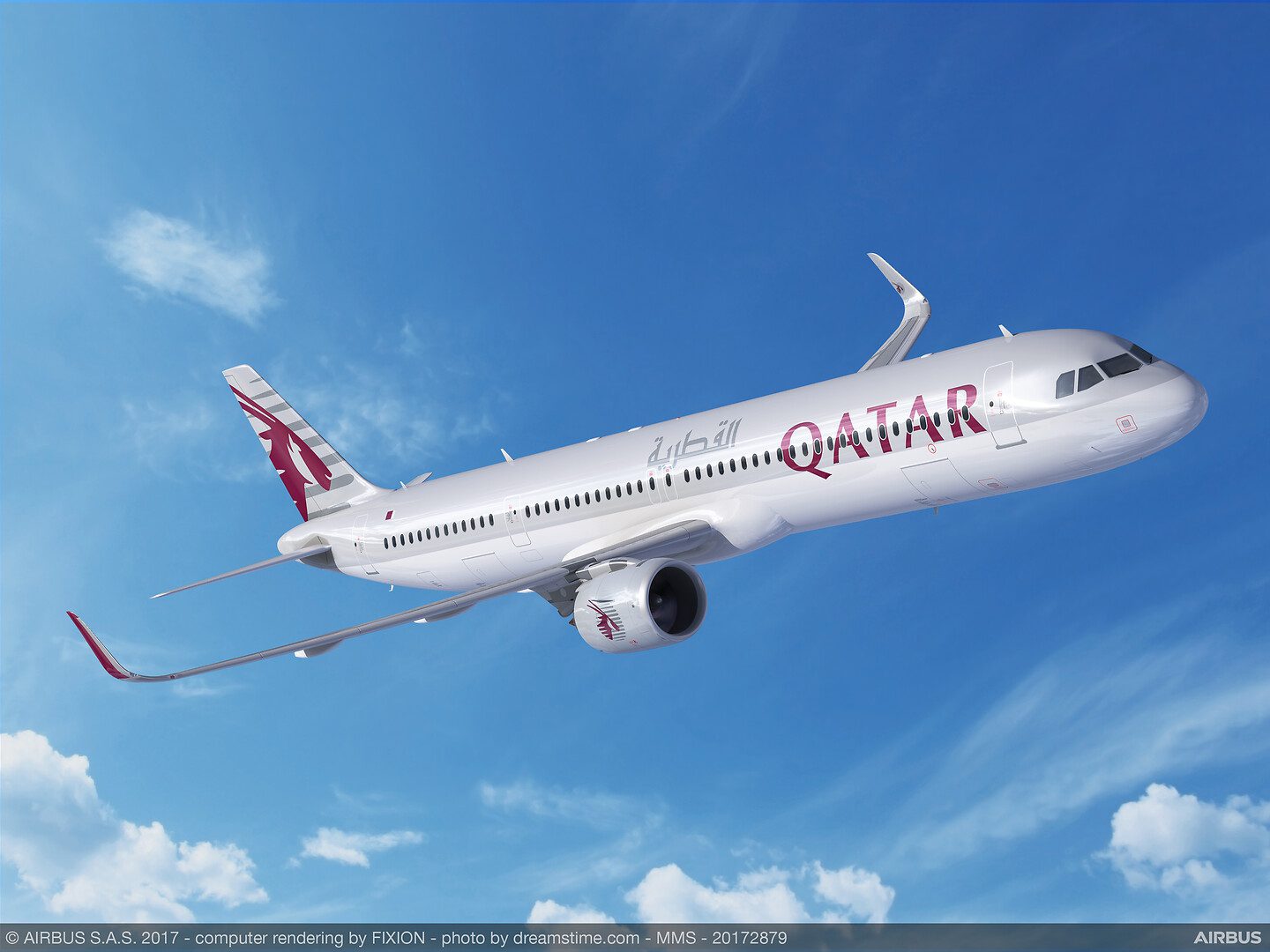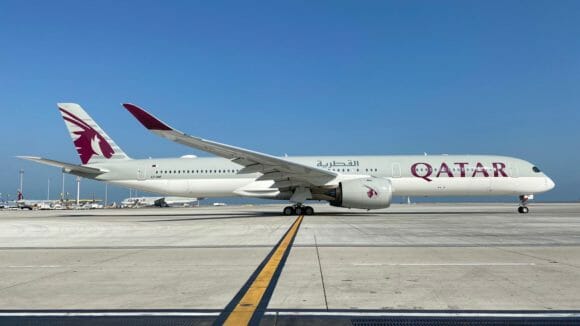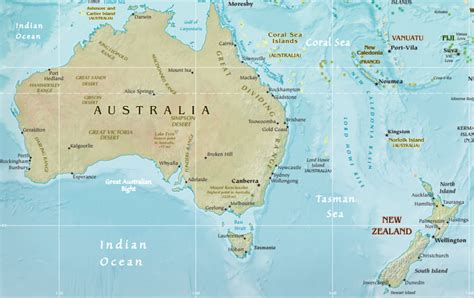
a321neo acf qatar airways
Airbus has unilaterally terminated the order from Qatar Airways for fifty A321neo’s and also canceled the delivery of an A350. The airframer says it has exercised its right to terminate the contract “pursuant to a cross-default provision” in the purchase agreement with the airline, a document from Airbus’ legal counsel says that was presented on January 20 during a hearing at the London High Court. The document is in the hands of AirInsight.
News about the termination of the A321neo-order was first brought by Bloomberg and Reuters, reporting on the case that covers the dispute over the A350 paint quality. AirInsight has learned more details about the case in the document. It says that Qatar Airways was served notice of Airbus’s decision on January 17, which comes as a direct response to Qatar’s claims for compensation for having to keep its A350s on the ground.
When Qatar brought its concerns about the paint quality and degradation of the composite structure of the A350 to the attention of Airbus in November 2020, the two parties agreed on a Supplementary Commitment Letter (SCL). This sets the rights and obligations and includes a clause that Airbus should pay Qatar $175.000 for every day it has to ground an aircraft for more than twelve hours. Qatar claims the compensation now totals more than $700 million. This claim is increasing by $4 million each day. Another claim has been filed for alleged breach of warranty.
No compensation is payable, says Airbus
Airbus is disputing these claims and says that no Aircraft On Ground compensation is payable. The airframer says that while it was fully investigating the quality issue on A350-900 MSN036 together with the European regulatory agency EASA, it was confronted in June 2021 with the decision of the Qatar Civil Aviation Authority (“apparently at the instigation of Qatar”) to carry out an inspection of other aircraft and suspend the airworthiness review certificates (ARC) of some A350s. The EASA investigation learned that there was no safety issue, yet, Qatar grounded at first twenty XWBs and currently has 23 of them on the ground.
“Airbus will contend that the inference to be drawn is that Qatar has sought to engineer or has acquiesced in a situation where the ARCs of the grounded aircraft are suspended by the QCAA on an incorrect and inadequate basis, so as to provide it with a purported basis to claim compensation from Airbus under the SCL because it is in Qatar’s economic interests to do so given the impact of the coronavirus pandemic on QTR’s operations”, the document of the Airbus counsel says. It adds that since July, Qatar Airways has been slow in seeking a determination of its allegation that Airbus has failed to carry out a proper root cause analysis.
On the warranty claim, Airbus says: “Airbus does not accept that it has any liability to QTR for breach of warranty, not least because it rejects the suggestion that the A350 is defective.”
Airbus has decided not to deliver an A350-1000 to Qatar. (Qatar Airways)
Qatar Airways says it is no longer obliged to take delivery of new aircraft, as is agreed in the term and conditions of the original purchase agreement for the A350s. The carrier has indeed refused to take delivery of more A350-900s and -1000s, initially saying in 2020 that this was because it didn’t need them following the Covid crisis.
Airbus says that Qatar “is wrong and that QTR is in clear default of its contractual obligations in relation to two A350 aircraft that Airbus has tendered for delivery.” It is now Airbus that has decided not to deliver one A350-1000 and terminate the A321neo contract. “Airbus anticipates that this will give rise to a further issue between the parties as to whether it was entitled to terminate and, if so, what losses Airbus can recover from QTR as a result of the termination.”
Airbus and Qatar deeply embroiled
The termination confirms how deep Airbus and Qatar Airways are embroiled. On December 9, Airbus announced it would be seeking independent legal assessment over the dispute, claiming that Qatar unfairly criticized Airbus over the quality issue and was damaging the reputation of the A350 with “inaccurate statements”. The OEM says that the issue is fully understood and poses no safety risk, which has been confirmed by Europe’s regulatory agency EASA.
Qatar countered on December 20 by announcing it would seek a ruling from the London High Court. It said that Airbus failed to take the problem of paint peeling and degradation of the carbon fiber structure seriously, for which it has grounded 23 A350’s. “Without a proper understanding of the root cause of the condition, it is not possible for Qatar Airways to establish whether any proposed repair solution will rectify the underlying condition.” The airline and the Qatar aviation authorities upheld their claim that safety is at risk.
The decision of the airframer to terminate the A321neo order is highly unusual. In 2014, Airbus terminated a contract with Japanese carrier Skymark over its financial ability to purchase four A380s. In 2016, the airframer canceled 82 orders from India’s Kingfisher for the same reason, plus some A380 orders from lessor Amedeo after terminating the program in 2019. Usually, it’s the airline or lessor that terminates a contract.
While relations are rock-bottom, Airbus is keeping the door open to an out-of-court solution: “Airbus currently views the proposed preliminary issue as a likely procedural dead-end which will prolong the parties’ disputes rather than shorten them. Airbus accepts that it is desirable for the parties’ disputes to be resolved as soon as can be achieved in a proportionate and sensible way. However, given the sums at stake, Airbus is entitled to a proper opportunity to take account of the finalised pleadings, consider its position, and prepare its response to QTR’s preliminary issues application.”
A321neo order has troubled history
The A321neo order now terminated has itself a troubled history. In 2011, it originally was an order for fifty A320neo’s to be powered by the Pratt & Whitney PW1100G-JM. But Qatar refused to take delivery of the aircraft, when the Geared Turbofan engines experienced numerous problems, including software and hardware issues like rotor bend. It placed an order for the Boeing MAX 8, of which only a few were delivered to Air Italy, a subsidiary based on Sardinia that in 2020 closed down.
In December 2017, Qatar Airways reconfirmed the Airbus order but upsized it to fifty A321neo’s with the Airbus Cabin Flex configuration, valued at $6.35 billion at list prices. This time, the aircraft were to be powered by the CFM LEAP-1A. They were supposed for growth and for the replacement of Qatar’s older A320-200s. In 2019, the airline converted ten aircraft to the A321XLR. The first delivery was supposed to happen in 2019, but the first neo has yet to join the airline. Airbus says the first aircraft was due in 2023.
Qatar and Airbus have also been clashing over the first delivery of the A380 in 2014. Qatar CEO Akbar Al Baker refused to accept the first three aircraft as he was unhappy about the paint quality (…), the finishing of the cabin sidewalls, the carpets, and the galleys. Al Baker even requested compensation, but when the aircraft were modified, he took delivery of the first in September 2014. That same day, he indicated that Qatar might even buy ten more A380s to grow its fleet twenty. When the airline stored its double-deckers during the pandemic, Al Baker said that buying the A380 was his worst decision ever. The type was bad on fuel efficiency, environmentally unfriendly, and impossible to operate profitably.
Qatar statement
Qatar released a statement on the evening of January 21. It included a video showing the extent of the paint damage on four different A350s. The statement says:
“On 20 January 2022, Qatar Airways, through the legal proceedings against Airbus in the Technology & Construction division of the High Court in England, sought an expedited hearing of a preliminary issue to address our serious and legitimate safety concerns regarding the surface degradation condition adversely impacting our Airbus A350 fleet which has resulted so far in 21 Airbus A350 aircraft being grounded. As a video clearly shows, these defects are not superficial and one of the defects causes the aircraft’s lightning protection system to be exposed and damaged, another defect leaves the underlying composite structure exposed to moisture and ultraviolet light, and other defects include cracking in the composite and damage around a high percentage of rivets on the aircraft fuselage. We welcome the decision of the court to expedite this issue and order a hearing in April in an effort to bring about a more rapid resolution to the dispute.”
“We continue to strongly believe that Airbus must undertake a thorough investigation of this condition to conclusively establish its full root cause in order to establish whether any proposed repair solution will rectify the underlying condition and ensure no risk to the continued airworthiness of the aircraft.”
“Qatar Airways’ number one priority remains the safety of its passengers and crew. For this reason, all affected aircraft remain grounded, and we are unable to accept delivery of further aircraft tendered for delivery by Airbus. Airbus has responded by seeking to cancel an entirely separate contract for the delivery of 50 A321 Neo aircraft. We confirm that we are adhering to all of our obligations under all applicable contracts. It is therefore a matter of considerable regret and frustration that Airbus has taken the apparent decision to expand and escalate this dispute. We continue to urge Airbus to undertake a satisfactory root cause analysis into the cause of the defects, as it is required to do. Qatar Airways remains prepared to help with the root cause analysis however it can. In the meantime, we will continue to robustly defend our position in the legal proceedings.”
Qatar has asked the Court for an extension for its defense until February 28. The first hearing at the London High Court s scheduled for April 26.
Views: 1







Customer is not always right.
When the relationship between customer and supplier does provide comfort, it is always wise to terminate contract